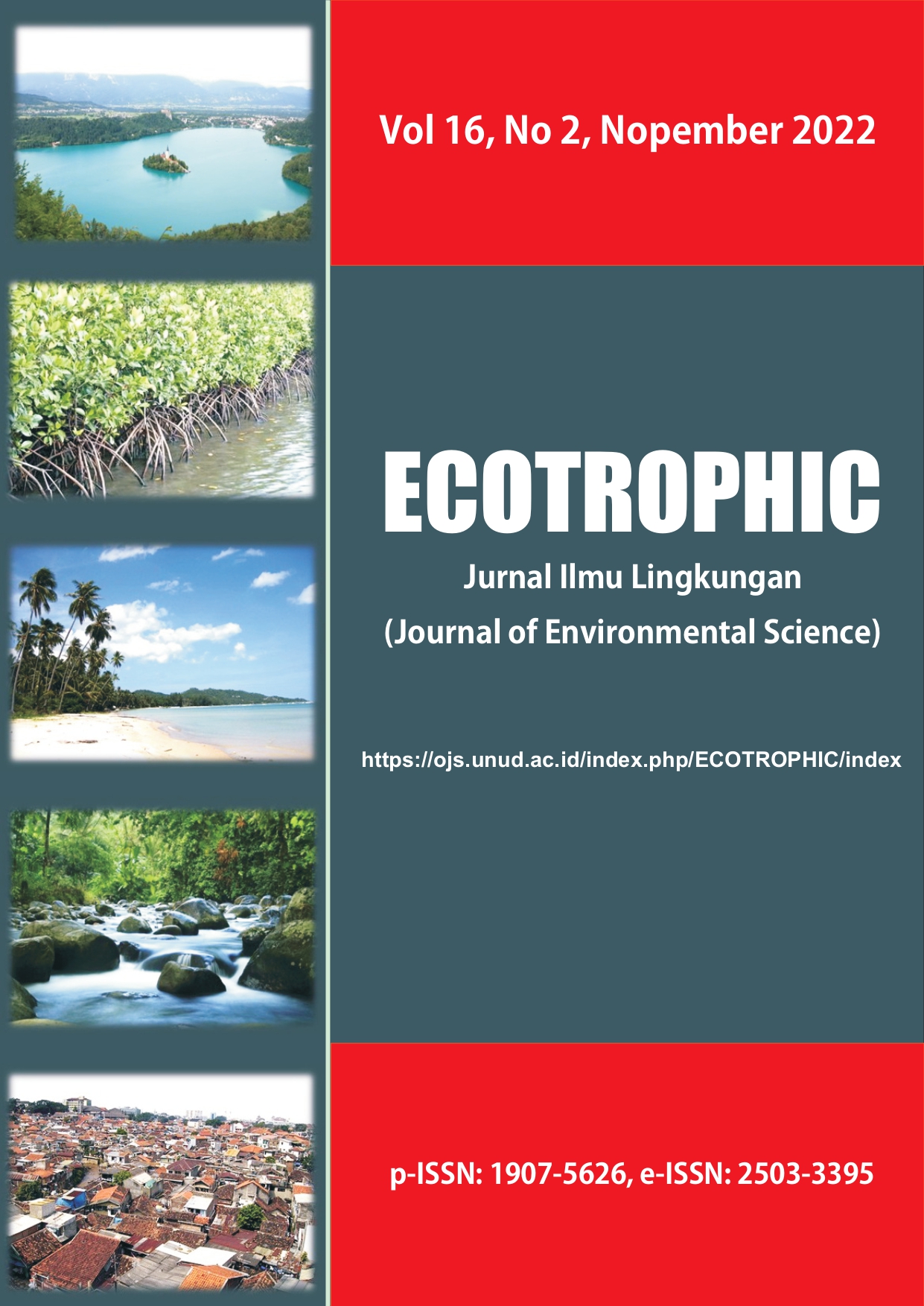STRATEGI PENGELOLAAN EFEKTIF EKOSISTEM TERUMBU KARANG DI KAWASAN KONSERVASI NUSA PENIDA
Abstract
Nusa Penida MPA was established with the aim to conserving natural resources and ensuring the sustainability of livelihoods. The Government of Indonesia uses the EVIKA tools to assess the effectiveness of MPA management. This study examines the effectiveness of MPA management by looking at indicators of coral reef ecosystem health and resource utilization to develop an effective management strategy using the force filed analysis method. The results showed that the condition of coral and fish biomass in the Nusa Penida MPA experienced a significant increase. Hard coral cover was in the medium category with a cover of 43% and fish biomass of 816.80 kg/ha. The coral reef health index of the Nusa Penida MPA is 5 which indicates that coral cover is in the medium category with high recovery potential and the coral reef fish category is low. Nusa Penida marine resources are used for fisheries, tourism as well as for trade. This study recommends a strategy to increase the effectiveness of Nusa Penida MPA management by investing in increasing human resource capacity in the Bali MPA management unit in competence on monitoring ecosystem and preparing a management budget plan along with efforts to fulfill program budgets.
Keywords: Coral Reef, Management; Effective; Nusa Penida; MPA
Downloads

This work is licensed under a Creative Commons Attribution 4.0 International License.


